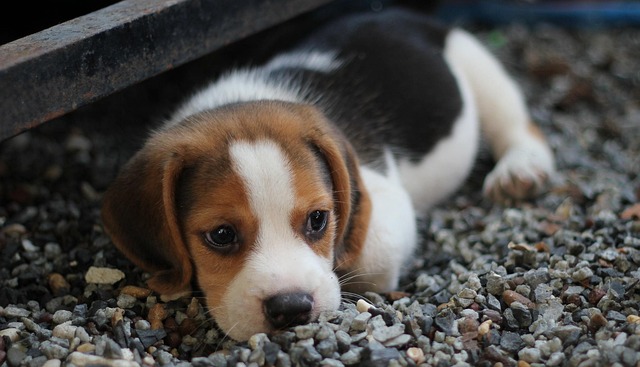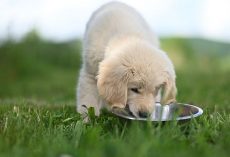If you’ve just welcomed an adorable new puppy into your home, you’ve probably already wondered: How big is this little fluffball going to get? You’re definitely not alone — it’s one of the most common questions new dog parents ask.
While you may have heard jokes about big puppy paws meaning a massive adult dog, there’s a lot more involved. Here’s what actually determines your pup’s growth, how to tell when it’s slowing down, and what influences their final adult size.
At What Age Do Puppies Stop Growing?
Most puppies reach their full size by around 18 months, but there’s plenty of variation depending on the breed:
- Small breeds may finish growing by 10–12 months.
- Medium breeds (like Australian shepherds) typically hit full size around 18 months.
- Large and giant breeds (like Newfoundlands or Great Danes) can keep growing until 2–3 years old.
So if your pup is still sprouting up after their first birthday, don’t worry — it’s totally normal, especially for bigger breeds. Growth spurts can happen well into the second year of life.
How Can You Tell If Your Puppy Has Stopped Growing?
The easiest way to know is to track their growth over time.
If you keep a simple weekly chart with your puppy’s weight, height, and length, you’ll start to see a pattern. When those numbers stop increasing, that’s a good sign your dog has reached their adult size.
Most puppies show steady weekly changes until they get close to their full-grown stage — then things gradually level off.
Can You Predict How Big Your Puppy Will Get?
Every dog parent wants to know this — but the answer isn’t always straightforward.
For purebred dogs, predictions are easier because their parents’ sizes and breed standards give you a ballpark.
For rescue pups or mixed breeds, it’s trickier since their genetics are more of a mystery.
One common method is the 6-month weight rule:
Take your dog’s weight at 6 months, double it, and then add or subtract 5–10 pounds.
This can give you a rough estimate — but it’s far from perfect.
And yes, the “big paws = big dog” theory is fun, but not scientifically reliable. Still, it’s cute to make guesses with friends while your puppy tumbles around on those oversized feet.
What Affects How Big a Puppy Will Get?
A few major factors influence your puppy’s final size:
1. Genetics
The biggest predictor of adult size is your dog’s biological parents. Larger parents tend to produce larger puppies, though there are always surprises.
2. Nutrition
A healthy, balanced diet helps your pup reach their full potential. Poor nutrition, on the other hand, can slow growth or limit healthy development.
High-quality puppy food matters — and your vet can give you some good recommendations as to which puppy food is best based on your dog’s breed, size and age.
Enjoy Watching Your Puppy Grow
Guessing your puppy’s future size can be entertaining, but the truth is that every dog grows at their own pace. Your best bet? Sit back, enjoy every stage, and let your pup surprise you.
After all, he’s absolutely one of a kind.











